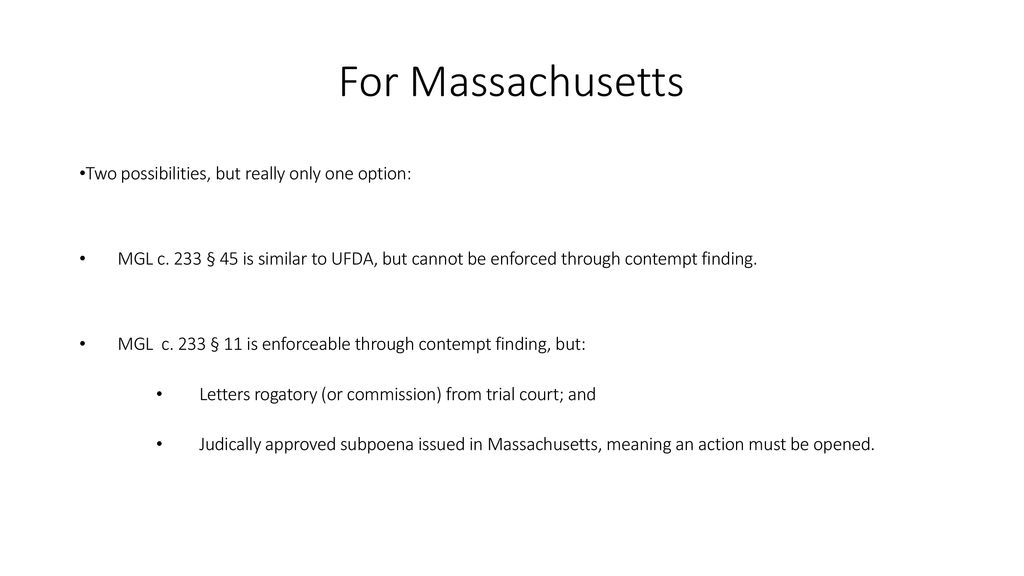The Impact of Technology on the Efficiency of Letters Rogatory Procedures
The Impact of Technology on the Efficiency of Letters Rogatory Procedures
Blog Article
The Role of Letters Rogatory in International Legislation: Trick Insights
Letters rogatory offer as an essential tool in global regulation, facilitating cross-border legal assistance by allowing jurisdictions to formally request evidence and actions from each other. Rooted in historical precedents and formalized through agreements like the 1970 Hague Convention, these requests are important for fostering international collaboration. Nonetheless, their application commonly comes across substantial difficulties, consisting of inconsistencies in procedural hold-ups and lawful criteria, which can impede their efficiency. Comprehending the nuances of this procedure elevates essential concerns regarding international cooperation and the prospective reforms needed to boost its dependability. What implications might these obstacles have for future legal proceedings?
Interpretation of Letters Rogatory
In the realm of global legislation, letters rogatory offer as formal demands provided by a court in one territory to seek aid from a court in one more jurisdiction. Letters rogatory. These demands are particularly substantial in cross-border legal process, where the enforcement of a court's order or the gathering of proof may be restrained because of administrative limitations

The process usually needs the requesting court to articulate the details info or action required from the foreign court, sticking to the lawful protocols and conventions developed between the jurisdictions entailed. When issued, the letters rogatory are sent through polite channels, which might consist of embassies or consular offices, to make sure that the request is acknowledged and acted upon by the international court. In general, letters rogatory exhibit the cooperative structure vital for effective worldwide legal procedures.
Historic Context
Although the technique of letters rogatory has old origins, its formalization within the structure of global regulation arised dramatically in the 20th century. Historically, such demands for judicial aid were used in various legal practices, including Roman regulation, where they helped with cross-border participation in legal issues. The principle acquired restored attention with the increase of globalization and the raising complexity of worldwide lawful interactions.
The mid-20th century saw the facility of treaties and conventions that looked for to standardize the process of letters rogatory. Especially, the 1970 Hague Convention on the Taking of Evidence Abroad in Business or civil Issues offered an organized strategy, enhancing the effectiveness of these demands - Letters rogatory. This duration noted a shift from casual setups to a more systematic framework, which resolved the obstacles posed by differing national lawful systems
As states came to be extra interdependent, the need for efficient systems to collect proof throughout boundaries emerged, reinforcing the function of letters rogatory in assisting in worldwide participation. Today, they continue to be a crucial instrument for acquiring evidence and guaranteeing that justice transcends national boundaries, reflecting the developing nature of international law in response to global challenges.
Refine of Issuing Requests
The process of providing letters rogatory usually includes a number of vital steps made to make certain that demands for judicial aid are clear, certain, and certified with both international and domestic lawful requirements. At first, a celebration seeking assistance has to prepare an official demand that describes the important facts of the case, the alleviation looked for, and the particular evidence or testament needed. This paper should be crafted with accuracy to satisfy the legal you could try this out needs of the jurisdiction in which it will certainly be sent.
Adhering to the prep work of the request, it is submitted to the appropriate authority, commonly a court or an assigned governmental company. This authority assesses the request to ensure it complies with procedural standards and lawful standards. When approved, the demand is transmitted to the international territory with polite channels.
Upon invoice, the foreign court examines the request's compliance with its neighborhood legislations and techniques (Letters rogatory). If accepted, it continues to execute the request, which might involve the issuance of subpoenas or the collection of evidence. Throughout this procedure, maintaining clear communication in between the requesting and getting territories is essential to make certain successful teamwork and the fulfillment of the request
Difficulties and Limitations
Challenges and limitations frequently develop in the procedure of executing letters rogatory, typically originating from differing legal systems and procedures in between territories. One substantial obstacle is the varying requirements of admissibility for proof, which can bring about complications in the acceptance of paperwork asked for with letters rogatory. In addition, the absence of harmony in lawful terminology and definitions can create misunderstandings, making complex communication between courts in different countries.
Furthermore, delays are typical because of governmental procedures, as the demand may require to go through numerous layers of lawful authorities prior to it is met. In some circumstances, the asked for territory might lack the required resources or determination to comply, additionally impeding the process. Language barriers also contribute to challenges, as exact translation of lawful records is critical for making certain that the desired message is shared without distortion.
Finally, sovereignty worries may arise, as some states are reluctant to adhere to demands that they view as infringing upon their legal autonomy. These obstacles highlight the intricacies intrinsic in using letters rogatory, necessitating better harmonization and teamwork among international lawful systems to improve their efficiency.

Effect On International Cooperation
Acknowledging the importance of letters rogatory in cultivating global cooperation is critical, as these requests help with cross-border lawful aid and advertise collaborative efforts in criminal websites and civil matters. By allowing one territory to officially ask for aid from an additional, letters rogatory develop an organized lawful structure that enhances the efficiency of international communication between judicial authorities.
Using letters rogatory helps to establish mutual trust and respect among countries, which is important in a progressively interconnected world. They work as a mechanism not only for gathering proof yet additionally for making certain that lawful procedures are maintained across borders. This is particularly important in combating transnational crime, where the lack of ability to safeguard teamwork can weaken justice.
Additionally, the reliance on letters rogatory can streamline intricate lawful procedures, decreasing delays and unpredictabilities in global investigations. The procedural safeguards inherent in this procedure add to the protection of specific civil liberties while assisting in collaboration amongst states. Inevitably, the effect of letters rogatory on international participation highlights their function as vital devices in the promotion of justice, fostering a joint spirit that transcends legal systems and nationwide boundaries.
Verdict
To conclude, letters rogatory function as an essential instrument in global legislation, helping with cross-border legal help and collaboration. Regardless of intrinsic challenges such as varying legal standards and bureaucratic hold-ups, their standard procedures advertise count on amongst nations. The continued advancement of these mechanisms is crucial for improving the performance of international lawful procedures, ultimately cultivating stronger partnership in both criminal and civil matters across territories. The importance of clear communication in this context can not be overemphasized.
Letters rogatory serve as a crucial tool in worldwide legislation, facilitating cross-border legal assistance by permitting territories to officially ask for proof and activities from one an additional.The procedure generally requires the requesting court to articulate the specific information or action needed from the international court, sticking to the lawful methods and conventions developed in between the territories included. Historically, such requests for judicial support were used in various legal traditions, consisting of Roman regulation, where they promoted cross-border participation in lawful issues.The process of providing letters rogatory usually includes several crucial steps made to make certain that demands for judicial help are clear, certain, and compliant with both domestic and global legal criteria.Additionally, delays are common due to governmental procedures, as the request might require to pass through multiple layers of lawful authorities before it official website is fulfilled.
Report this page